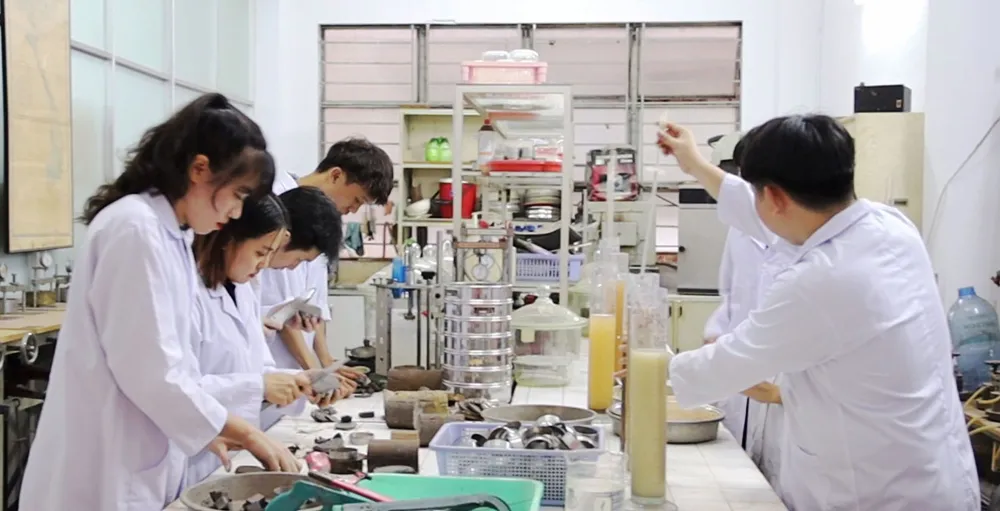
Ho Chi Minh City is oriented to become a multi-center megacity, playing a core role in the fields of finance - services, high-tech industry, semiconductor industry, smart city, logistics and marine economy ... This stature requires a generation of human resources who are not only professionally proficient but also have global thinking, action capacity and adaptability in a rapidly changing environment.
Human resources are the core of strategy
According to Professor Su Dinh Thanh, Director of Ho Chi Minh City University of Economics, after the merger, Ho Chi Minh City will not be able to operate modern mechanisms without a team capable of technology and innovation (Resolution No. 57); will not be able to take advantage of integration without talented people who understand the international market, especially in the context of shaping deep international integration in Ho Chi Minh City (Resolution No. 59-NQ/TW); will not be able to reform institutions without officials who understand modern law (Resolution No. 66-NQ/TW) and will not be able to promote the private economy to become a driving force without brave entrepreneurs - experts as well as appropriate accompanying policies (Resolution No. 68-NQ/TW). Therefore, the key role of human resources for Ho Chi Minh City can be summarized in 3 main groups: technology and innovation experts to operate the digital transformation revolution; Businessmen with good knowledge of law and international and domestic markets create breakthroughs for the private economy; cadres and civil servants at all levels clearly understand the new urban orientation and effectively operate specific mechanisms.
“In the context of Ho Chi Minh City developing according to a multipolar growth model, human resources must not only have in-depth expertise but also have systemic thinking, combining global thinking and local action capacity; have the ability to integrate interdisciplinary knowledge, solve problems, innovate and quickly adapt to the digital economic environment, smart cities and sustainable development requirements; have the spirit of continuous learning, proactively adapt and accompany changes and adapt to each functional area of the new urban area”, emphasized Professor Su Dinh Thanh.
According to the analysis of Dr. Tran Dinh Ly, Vice Principal of Ho Chi Minh City University of Agriculture and Forestry, the new Ho Chi Minh City will be a super-integrated urban area: developing high-tech industry in Binh Duong (formerly), logistics and international seaports in Ba Ria - Vung Tau (formerly), a financial, commercial and creative center in the core of Ho Chi Minh City (formerly). When these three components join forces, we expect a modern, synchronous and effective socio-economic ecosystem, truly the first "smart super city" in Vietnam. To do this, Ho Chi Minh City needs to invest in high-quality human resources, especially young generations of intellectuals, who will shoulder the mission of building a model urban area. Along with that, the education, training, scientific research and innovation system must be considered as strategic "soft infrastructure", receiving equal attention to investment in technical infrastructure.
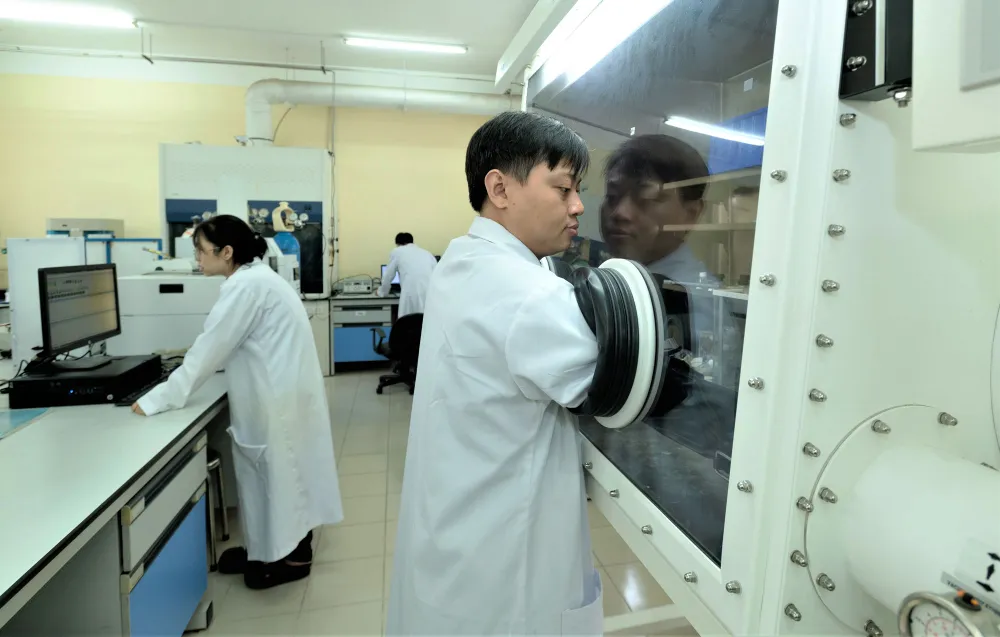
Promoting the "strategic triangle" model
According to Associate Professor, Dr. Quach Thanh Hai, Vice Principal of Ho Chi Minh City University of Technical Education, the city is the place where initiatives in the state-school-enterprise ecosystem are tested, making practical contributions to the city's development in the era of sustainable development. Therefore, the Ho Chi Minh City government should invest in training programs to improve the capacity of leaders - managers - experts - civil servants in the context of urban expansion and new institutional structures. Universities have accompanied the development of Ho Chi Minh City over the past 50 years and will continue to make positive contributions to the new development stage of Ho Chi Minh City, helping the city to reach a strong level in the future.
Dr. Phan Hong Hai, President of Ho Chi Minh City University of Industry, acknowledged that the role of training high-quality human resources is a core task. The school has developed an action plan associated with the strategic goals for 2025-2030 and a vision to 2045. In particular, it focuses on solving key issues such as designing training programs in line with practical needs, especially key industries in Ho Chi Minh City such as technology, logistics, finance, and at the same time building new occupations to anticipate labor trends such as semiconductor technology, microchips, nuclear power, and financial technology. Along with that, the school promotes research - training - application links between the school, businesses and the Ho Chi Minh City government to forecast, plan and develop human resources to meet the requirements of smart cities, knowledge-based economies and sustainable development.
According to Associate Professor, Dr. Vu Hai Quan, Director of Ho Chi Minh City National University, the 3-party cooperation model: State - University - Enterprise is identified by Ho Chi Minh City National University as a "strategic triangle", the core of the national innovation ecosystem. Accordingly, the State (HCMC) plays a role in creating, establishing institutional frameworks, leading investment, providing land, infrastructure and preferential policies on taxes and finance for research organizations and enterprises... The university is the center of knowledge production, providing intellectual resources, conducting fundamental research, developing applied solutions... Enterprises hold a key position in commercializing research products, putting innovation into practice and spreading value to the market, funding applied research, ordering topics from universities... The three parties operate according to the principle of "co-design - co-implement - co-share value". The parties jointly participate in building research goals, and at the same time share financial benefits from application results. When the “strategic triangle” operates effectively, the new Ho Chi Minh City will realize breakthrough expectations.
* Associate Professor, Dr. LE TUAN ANH, Chairman of the University Council, Thu Dau Mot University: The need for developing high-tech human resources is increasing.
We clearly identify that the great opportunities for not only the school but also the entire education system of Binh Duong before the merger with Ho Chi Minh City will create a stronger impetus for development in the field of science and technology, innovation, inheriting great advantages from the education center, science and technology in Ho Chi Minh City. Particularly for the school, the opportunity is even greater when the urban space is more open, the demand for developing high-tech human resources is increasingly greater, especially in the face of the urgent requirement to effectively implement Resolution 57-NQ/TW of the Politburo on breakthroughs in science and technology development, innovation and national digital transformation. To have a clear vision and roadmap, taking advantage of the merger with Ho Chi Minh City, the school has been approved for a school development project until 2030, with a vision to 2050, in which the school has been shaped to develop in the direction of application, high-quality training, providing development solutions, promoting scientific research, startups, and international integration to meet the human resource needs of Ho Chi Minh City.
* Ms. NGUYEN PHAM HOAN MY, Head of Recruitment and Training Department, Nitori Co., Ltd.: Adding a policy of deep connection between businesses and the education system
Nitori currently employs about 4,200 workers. However, recruiting highly skilled and technical positions such as maintenance workers, electrical and electronic technicians or office staff with professional qualifications remains a challenge due to limited local supply. From July 1, the merger will help shorten the gap between the enterprise in Ba Ria - Vung Tau (formerly) and quality human resources from universities, technical colleges and vocational centers in Ho Chi Minh City. This contributes to diversifying the source of candidates in both quantity and quality, while shortening recruitment time and improving the efficiency of internal training. In particular, for FDI enterprises like Nitori, access to highly skilled human resources will be a prerequisite to promote innovation, automation, productivity improvement and quality assurance activities.
We also expect that Ho Chi Minh City will have more policies to connect businesses and the education system more deeply through internship programs, training cooperation and early career orientation for students. In addition, practical support policies such as social housing development, convenient inter-regional transportation, tax and fee incentives for workers or businesses expanding their scale, etc. will also be important levers to help attract and retain long-term workers in the locality.
XUAN TRUNG - TRUC GIANG
Source: https://www.sggp.org.vn/hop-luc-dao-tao-nguon-nhan-luc-chat-luong-cao-post802737.html



![[Video] Closing Ceremony of the National Achievement Exhibition on the Evening of September 15, 2025](https://vphoto.vietnam.vn/thumb/1200x675/vietnam/resource/IMAGE/2025/9/15/a85c829960f340789cb947f8b5709fa8)


![[Photo] Prime Minister Pham Minh Chinh attends the closing ceremony of the exhibition of national achievements "80 years of the journey of Independence - Freedom - Happiness"](https://vphoto.vietnam.vn/thumb/1200x675/vietnam/resource/IMAGE/2025/9/15/a1615e5ee94c49189837fdf1843cfd11)
![[Photo] General Secretary To Lam chaired a working session with the Standing Committee of the Party Committee of the Ministry of Foreign Affairs](https://vphoto.vietnam.vn/thumb/1200x675/vietnam/resource/IMAGE/2025/9/15/f26e945b18984e8a99ef82e5ac7b5e7d)



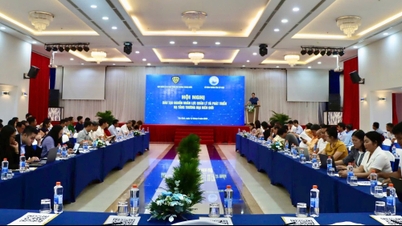

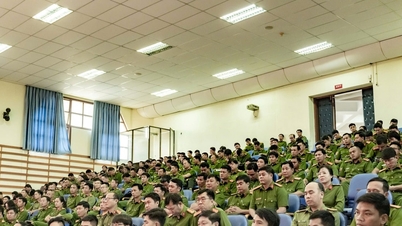

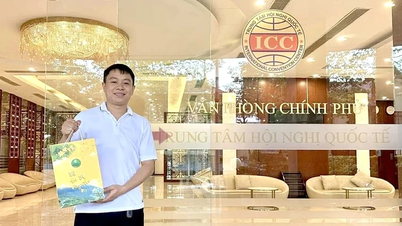


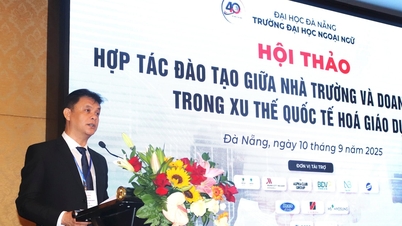




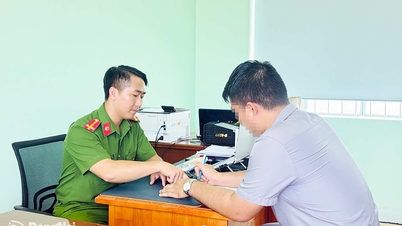



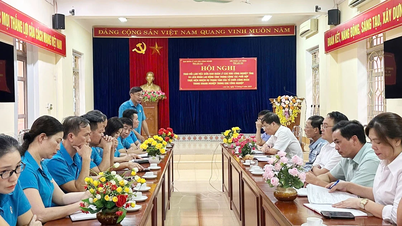






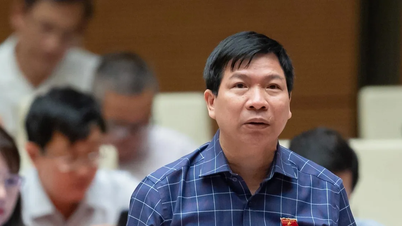
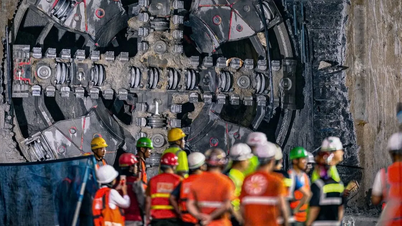
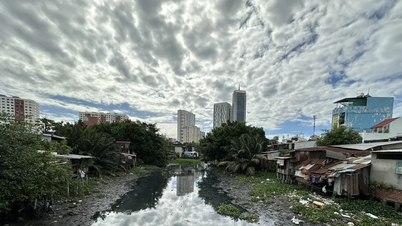
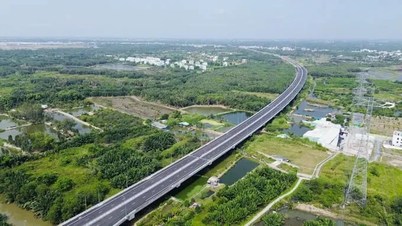







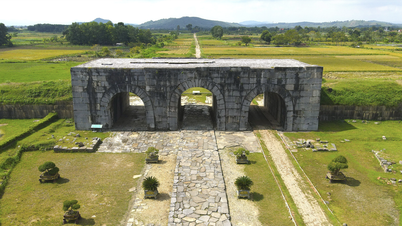










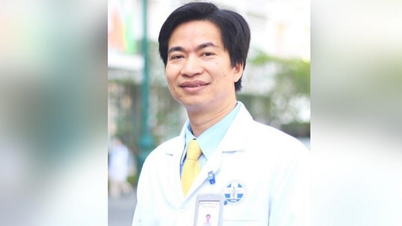




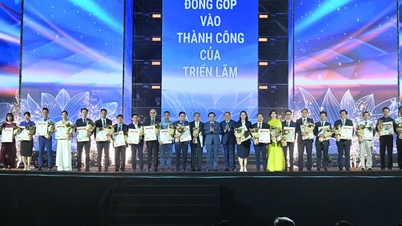



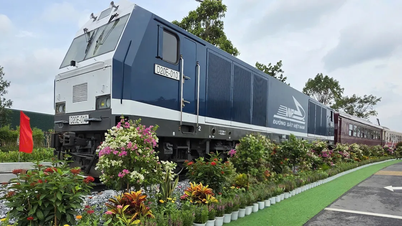



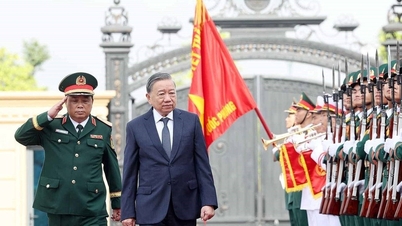









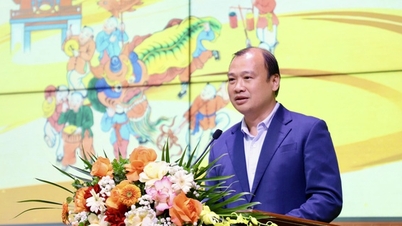

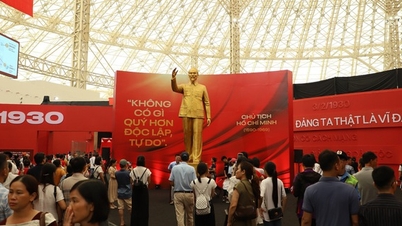
![[Live] Closing of the National Achievements Exhibition "80 Years of Journey of Independence - Freedom and Happiness"](https://vphoto.vietnam.vn/thumb/402x226/vietnam/resource/IMAGE/2025/9/15/de7064420213454aa606941f720ea20d)



















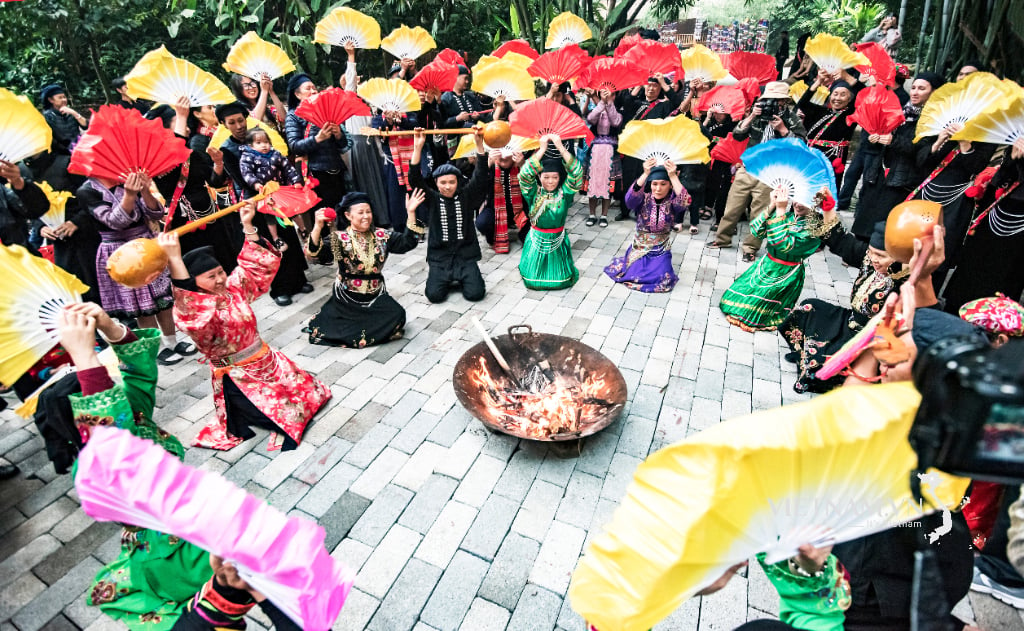


Comment (0)